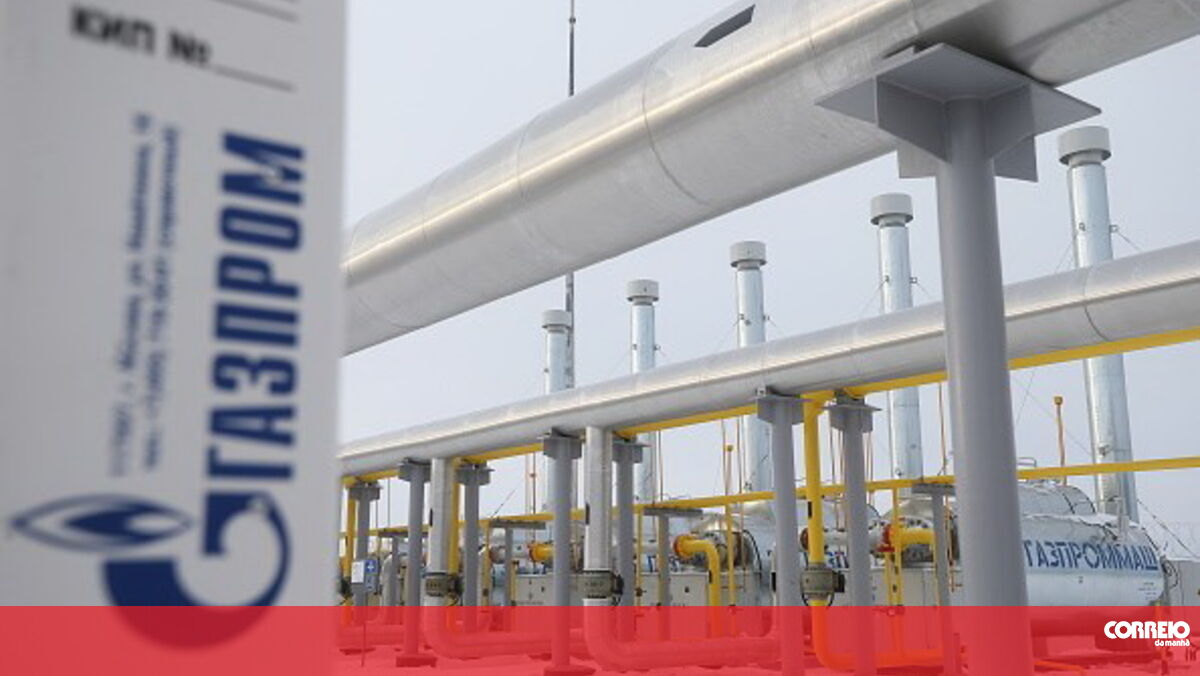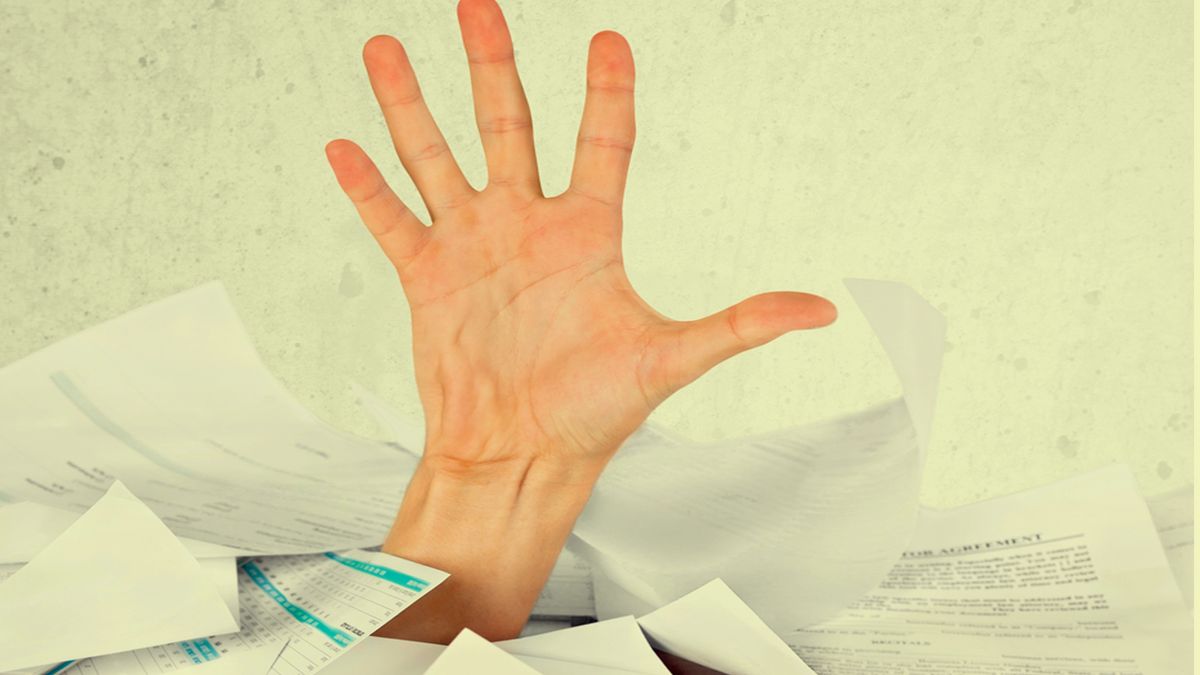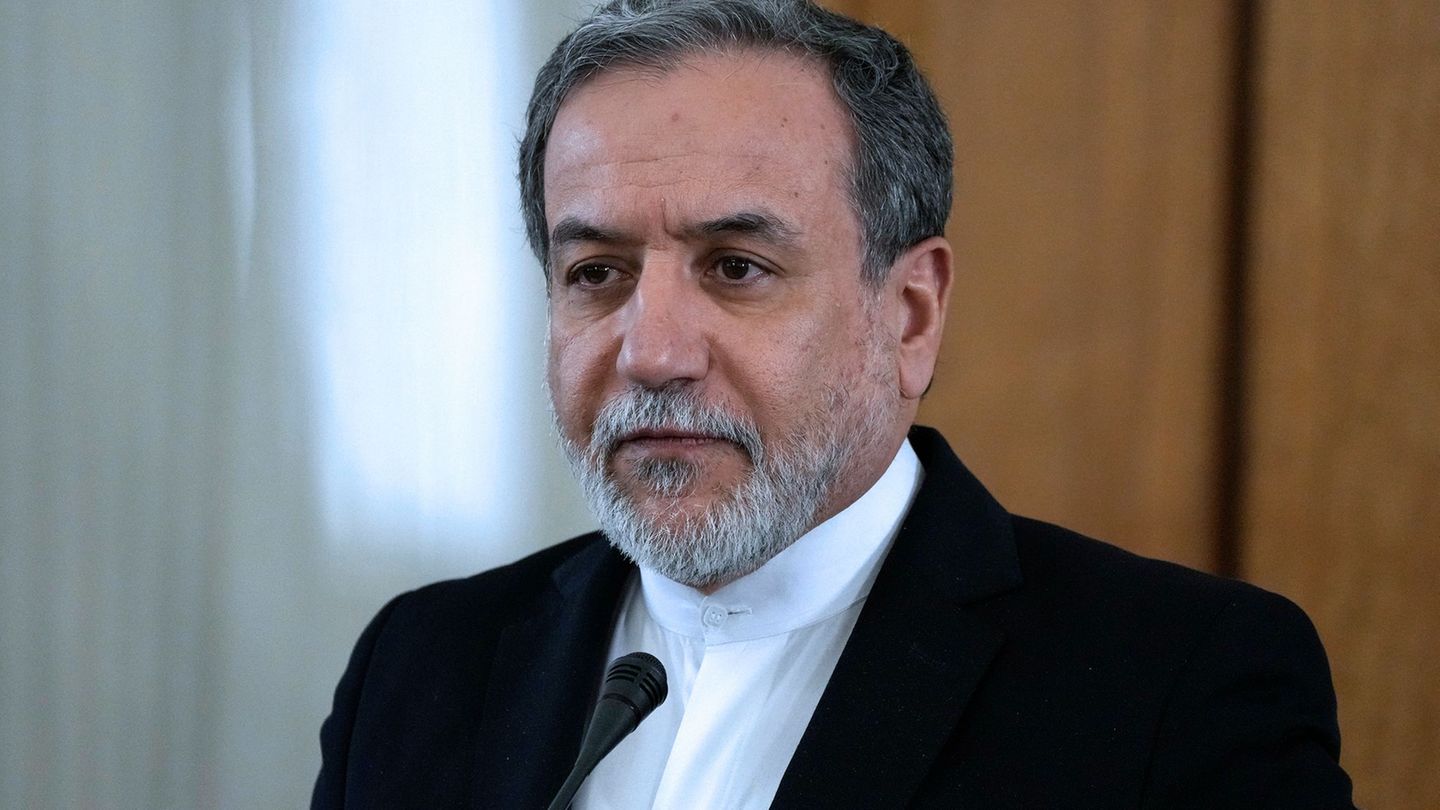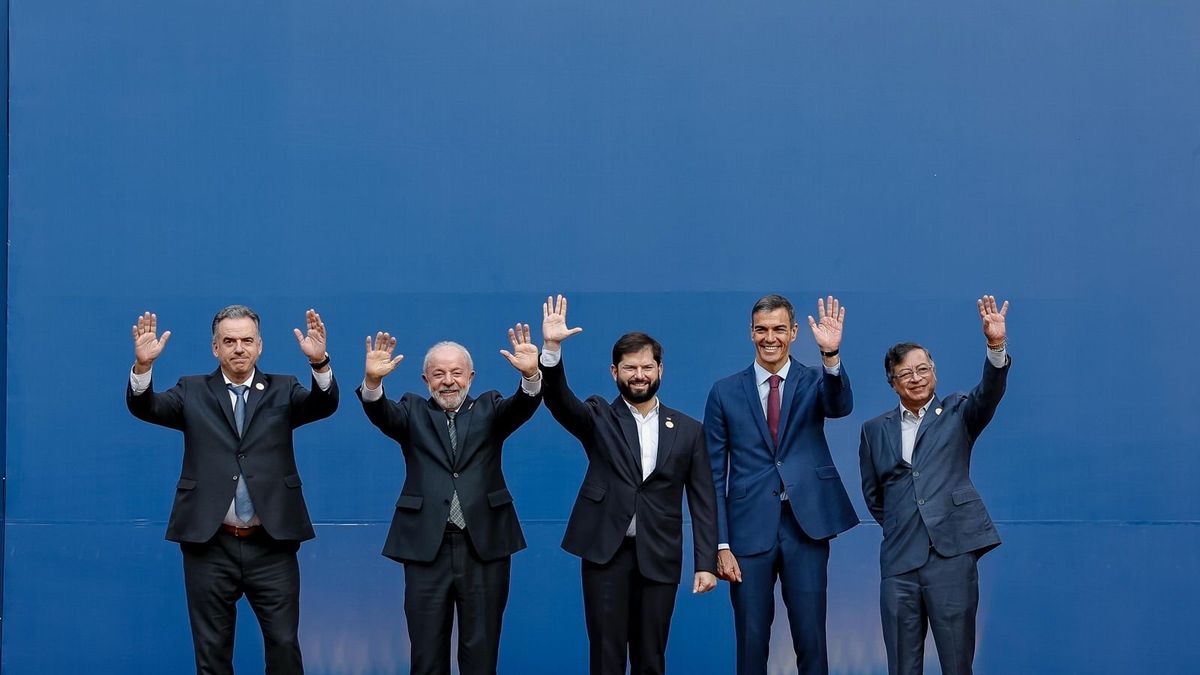Austria has announced that it will subsidize companies supplying non-Russian natural gas to the country in the coming months as part of a plan to rapidly reduce the country’s high dependence by 80% on supplies from Russia’s Gazprom.
In a statement, the Austrian climate ministry announced this Monday “key points for advancing gas diversification” prepared by the government in line with a new law recently passed in parliament.
“Companies that import non-Russian natural gas to Austria and use it here in the period from July 1, 2022 to December 31, 2022 will receive funding to cover part of the additional costs,” the report says.
The ministry emphasizes that subsidizing sources alternative to Russian gas will reduce Austria’s energy dependence, since the country buys 80% of gas imported from Russia, although some is intended for subsequent export.
However, the “requirement” of the subsidy is “storage of gas in Austrian warehouses or its consumption in Austria,” the ministry emphasizes.
So far, the government has allocated a total of 100 million euros to cover such subsidies, although it does not rule out that the amount could be increased in the future.
It also provides for the possibility of extending the measure beyond the end of the year “if necessary”.
The announcement of the subsidies follows last week’s massive drawdown in gas supplies, driven by a halving of supplies from Russia and an increase in exports to Italy.
Austria fears it won’t be able to fill its gas storage tanks, currently at 45%, before the heating season starts.
In order to meet the 80% target set jointly with partners from the European Union (EU) by November, the Alpine Republic needs to store enough to generate a total of 33,512 gigawatt hours (GWh), which translates into an average rate of 368 GWh per day for the next 91 days.
But since last Tuesday, injection volumes have been much lower, for several days below 100 GWh.
Speaking to the Austrian public television ORF, climate minister Leonora Gewessler, an environmentalist, described the situation as “serious and tense” to be discussed at an extraordinary cabinet meeting on Tuesday.
In addition, the FPÖ (Ultranationalist Freedom Party), which opposes European Union (EU) sanctions against Russia and accuses the government of inaction in recent months since the start of the Russian invasion of Ukraine in late February, is demanding the convening of the National Security Council. Advice.
Author: Lusa
Source: CM Jornal
Jane Stock is a technology author, who has written for 24 Hours World. She writes about the latest in technology news and trends, and is always on the lookout for new and innovative ways to improve his audience’s experience.




